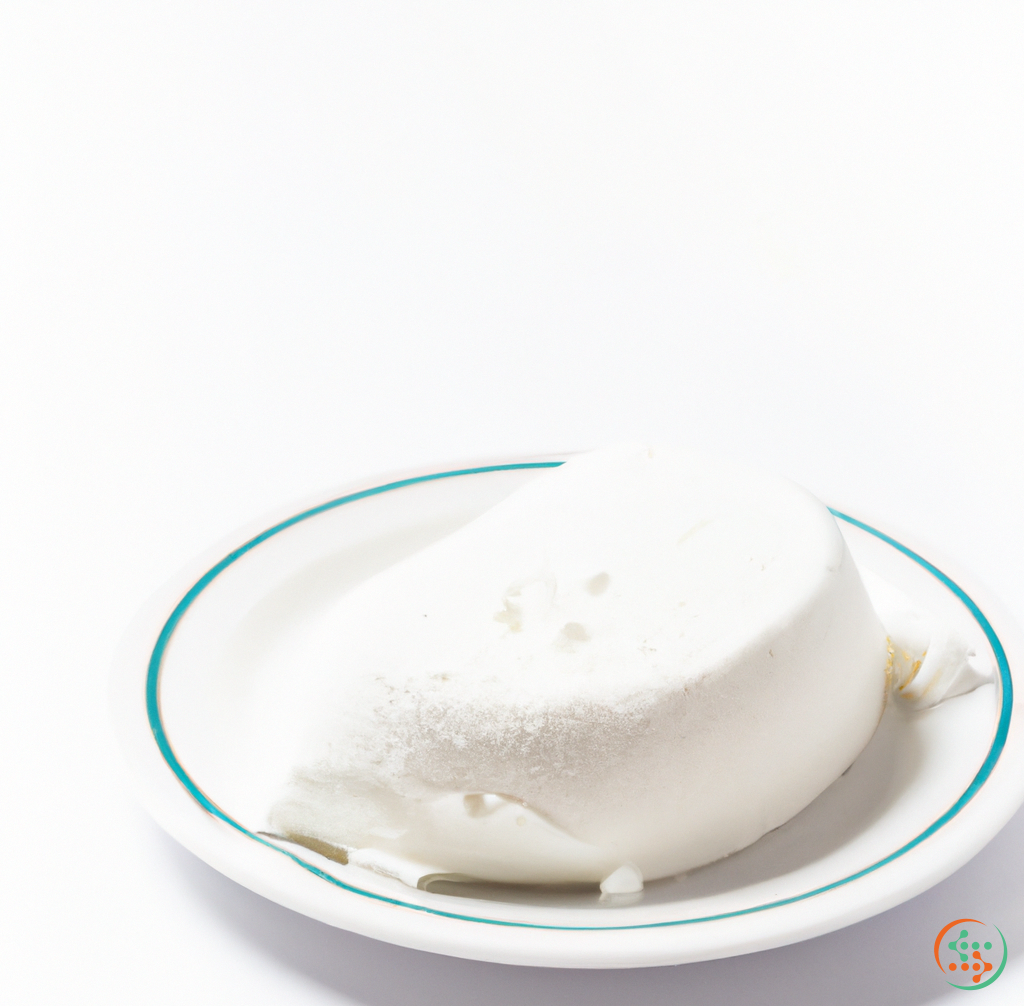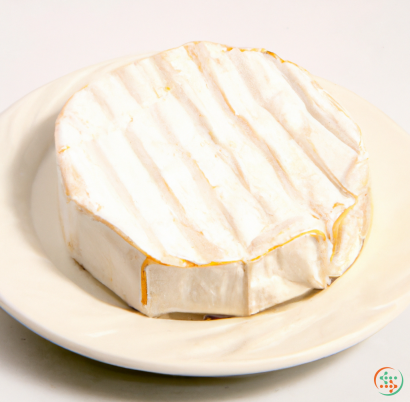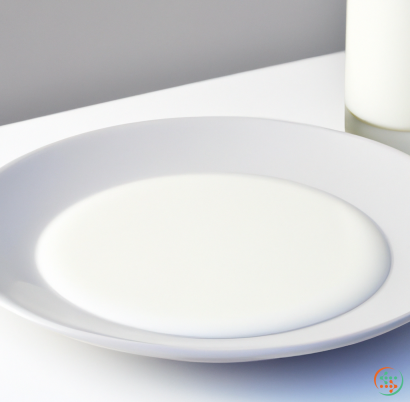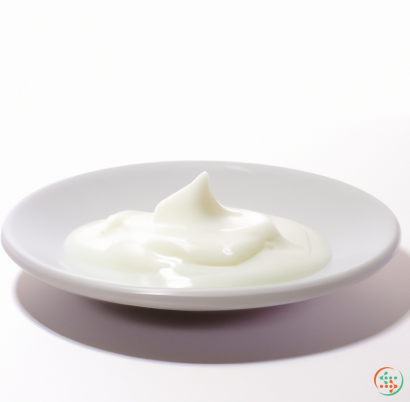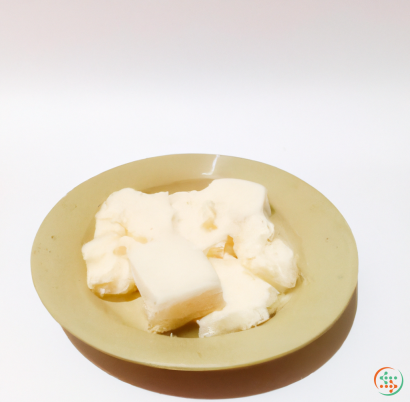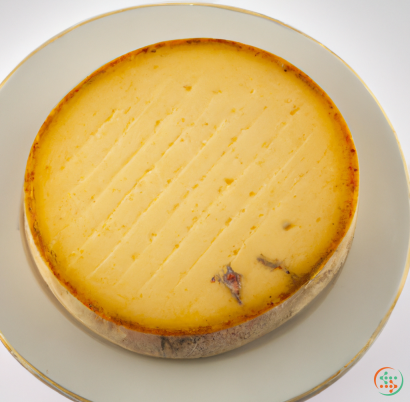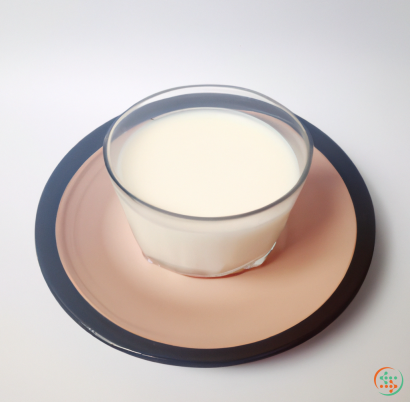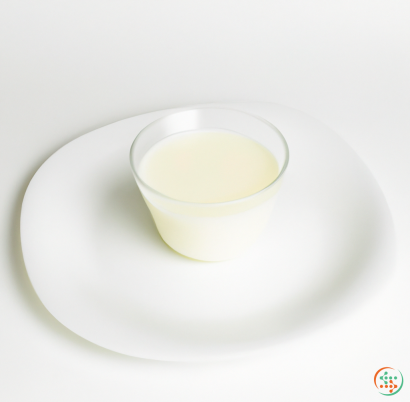Cotija Cheese
, its origins and its uses
Cotija Cheese: A Primer on Mexico’s Authentic Cheese
If you’re a fan of Mexican cuisine, you might already be familiar with Cotija cheese. As an ancient regional specialty, Cotija is a unique variety of cheese that is unique to Mexico—and one that shouldn’t be missed!
Origins of Cotija Cheese
Cotija cheese, which is also known as queso Cotija [Coh-TEA-ha] is a crumbly, salty cheese made from cow’s milk. It originates from a small town of the same name in the state of Michoacán, Mexico and is thought to date back to pre-Hispanic times. In fact, this cheese is so popular in the region that a song has been dedicated to it!
The particular type of cheese we know today was created by a cheese maker in the 19th century who wanted to bring a local cheese to market. This cheese maker set to work stirring whole cow’s milk over an open fire, which created the salt-cured and aged Cotija that people still enjoy today.
Uses of Cotija Cheese
Cotija cheese is one of the most popular and versatile dishes in Mexican cuisine. It is most often used just before serving a dish as a topping or garnish. It is also used to add flavor, texture, and color to dishes such as tacos, quesadillas, enchiladas, salads, pasta dishes, and soups.
Thanks to its briny taste and ability to stand up to high temperatures, Cotija is often added to cooked dishes as well. It makes a great base for regional casseroles and is sometimes even used to spice up grilled recipes, such as fish and shrimp. The cheese is also a favorite of street vendors selling tacos, salads, and chicharrón.
The cheese is also incredibly versatile in terms of its texture. Cotija can easily be crumbled, grated, or melted, making it ideal for all sorts of recipes.
Health Benefits of Cotija Cheese
Cotija cheese is a traditional Mexican cheese and is naturally made with no preservatives or chemicals. As such, it is a much healthier option than many other cheeses—particularly processed varieties.
This cheese is a good source of calcium, making it a great choice for those looking to increase their calcium intake. In addition, Cotija cheese also contains healthy amounts of manganese, selenium, phosphorus, and zinc.
Final Notes
Cotija cheese is undoubtedly a must-try item in Mexican cuisine. The cheese has a unique flavor, which is salty, savory and slightly nutty, and is incredibly versatile in terms of its uses. From topping tacos to adding flavor to casseroles, Cotija cheese is sure to make any meal stand out. And because it is a natural cheese with no added chemicals, Cotija can also be enjoyed without any guilt!
The Journey from the Farm to Your Plate: Trace the Science Behind Making Cotija Cheese
Cheese has been around for centuries and is a popular delicacy in many cultures. Its flavor, textural variations, and nutritional content make it a staple in many homes and restaurants. One cheese in particular, a Mexican cow’s milk cheese called cotija, has become a favorite of many due to its distinctive flavor and firm texture. But how does this cheese fit in with the rest of the cheese family? To get the story behind cotija cheese, we will take a look at its production, maturation, and preparation. In doing so, we will gain a greater appreciation of this dairy delight and be able to better understand what goes into making the delicious taco topper.
What is Cotija Cheese?
Cotija cheese is a Mexican hard cheese made from cow’s milk and produced in primarily in the Mexican states of Michoacán and Oaxaca. It is a traditional cheese that is noted for its salty, pungent flavor and crumbly, semi-firm texture. Depending on the age of the cheese, its flavor can range from mild to strong and its texture from hard and crumbly to soft and spreadable. While it is most closely associated with Mexican cuisine, it can also be used in all sorts of dishes, from sandwiches to pastas and salads.
Science Behind the Production of Cotija Cheese
To create cotija cheese, factors such as the size and temperature of the milk batches and the starter cultures used need to be taken into account.
The production of this cheese first begins with the production of cows’ milk. The cows must be healthy and well-tended in order to produce the necessary milk. Generally, cows are milked twice a day and the milk is chilled as soon as possible to preserve its quality and help combat bacteria growth.
Once the milk is collected, it is brought to the production plant and tested to ensure it meets quality standards for use in cheese making. The fat content of the milk is closely examined in order to determine the type of cheese that will be produced from it. If the fat content is low, it will result in a softer cheese, while a higher fat content will deliver a firmer cheese.
After passing inspection, the milk must be heated to a certain temperature range, depending on the type of cheese being produced. For this cheese, the temperature must be warm enough for the starter culture to activate and for the proteins in the milk to begin to denature. These denatured proteins will later undergo fermentation in order to change their structure and give the cheese its desired flavor and texture.
Next, the starter culture, which generally consists of specific strains of lactic acid bacteria, is added to the warm milk. Besides triggering the denaturation process, the lactic acid bacteria help to develop the desired flavors, prevent the growth of unwanted bacteria, and control the acidity of the cheese. Once the starter culture has been added, the mixture is left to rest in order to allow the bacteria to work its magic.
The next step in the process is unique to cotija cheese, as it uses a unique “’dry-salting” technique to give it its distinct flavor. During this step, the cheese curd is hand-salted on both sides before being pressed into its final shape. After that, the cheese is aged for varying amounts of time, from a few months to several years, depending on the type of cotija cheese being produced.
This drying and aging process helps the cheese to develop its flavors, the higher fat content and salt content working together to preserve it over time. The longer the cheese is aged, the sharper and saltier its flavour becomes, with some cotija cheeses lingering in fermentation up to 36 months.
Appreciation of Cotija Cheese
By now, it should be clear that cotija cheese is a complex creation that must be monitored and adjusted to create the perfect product. Each step of the process contributes to the flavor and texture of the final product, allowing this cheese to stand out among its cheese counterparts.
For those with an appreciation for cheese, the unique characteristics of cotija are unsurpassable. Its pungent and salty flavors are enhanced by its bright yellow color and its crumbly texture, which makes it an ideal topping for tacos, nachos, and other Mexican dishes. That same textural difference provides a contrast between the rest of the ingredients in the dish, making it even more satisfying.
Conclusion
In conclusion, cotija cheese is a unique Mexican cheese that is produced, matured, and prepared in a way that ensures a safe and delicious food product. Careful attention must be paid to the ingredients, equipment, and processes used in its production. This can include the fat content of the milk, the starter cultures used to ferment the cheese, and the salting and aging process. This attention to detail ensures a flavorful, crumbly cheese that stands out among its cheese peers. Now that you know the process behind making cotija cheese, be sure to try out some of its delicious topping varieties the next time your tacos, nachos, or salads come calling.
| Vitamin A | 0.229 mg | |
| Beta-Carotene | 0.073 mg | |
| Vitamin D | 0.5 ug | |
| Vitamin E | 0.25 mg | |
| Vitamin K | 0.0019 mg | |
| Vitamin B1 | 0.03 mg | |
| Vitamin B2 | 0.49 mg | |
| Vitamin B3 | 0.11 mg | |
| Vitamin B4 | 0.0154 grams | |
| Vitamin B6 | 0.05 mg | |
| Vitamin B9 | 0.01 mg | |
| Vitamin B12 | 0.00226 mg |
| Calcium | 0.8 grams |
Daily Value 1.3 g
|
| Magnesium | 0.038 grams |
Daily Value 0.4 g
|
| Phosphorus | 0.729 grams |
Daily Value 1.25 g
|
| Potassium | 0.125 grams |
Daily Value 4.7 g
|
| Sodium | 1.4 grams |
Daily Value 2.3 g
|
| Zinc | 0.00387 grams |
Daily Value 0.011 g
|
| Copper | 0.24 mg |
Daily Value 0.9 mg
|
| Selenium | 0.0177 mg |
Daily Value 0.055 mg
|
| Total Sugars | 0 ug |
per 100g
|
| Caproic acid (6:0) | 0.59 grams |
|
| Caprylic acid (8:0) | 0.06 grams |
|
| Capric acid (10:0) | 0.54 grams |
|
| Lauric acid (12:0) | 0.83 grams |
|
| Myristic acid (14:0) | 2.75 grams |
|
| Palmitic acid (16:0) | 7.75 grams |
|
| Stearic acid (18:0) | 3.41 grams |
|
| Butyric acid (4:0) | 1.58 grams |
|
| Total Saturated fatty acids: | 17.51 g | |
| Oleic acid (18:1) | 7.63 grams |
|
| Palmitoleic acid (16:1) | 0.52 grams |
|
| Gadoleic acid (20:1) | 0.19 grams |
|
| Total Monounsaturated fatty acids: | 8.34 g | |
| Linolenic acid (18:3) | 0.2 grams |
|
| Linoleic acid (18:2) | 0.99 grams |
|
| Total Polyunsaturated fatty acids: | 1.19 g | |
| Cholesterol | 0.1 grams |
|
| Total Sterols: | 0.1 g | |
